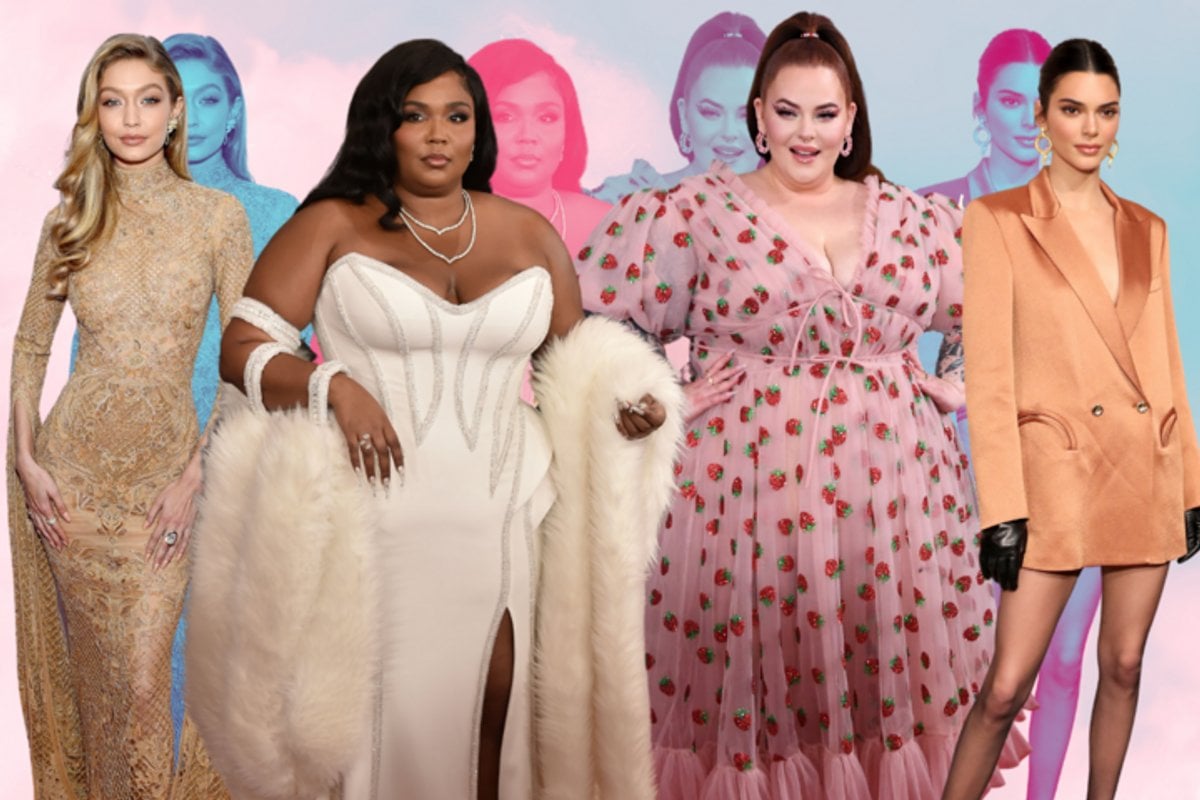
Famed fashion designer Yves Saint Laurent once uttered the phrase “fashions fade, style is eternal”.
But if you’ve ever cast an eye across modern media, you’ll know that’s just not true.
When it comes to social currency, ‘stylish’ is one of the coveted accolades women delight in finding within the comments section of their latest Instagram posts.
Unlike being called ‘beautiful’, which infers you’ve just scored extra points in the genetic lottery, stylish is an otherworldly term that elevates you - implying that you have a skill, an instinct, a vibe that's worth commending.
And yet, it’s a term only afforded to a certain group of women.
Watch: Lizzo talks about body positivity and negativity. Post continues below.
If you closed your eyes and thought honestly (and I mean honestly, now) about the women in both the public eye and within your own inner circles who are universally labelled as ‘stylish’, chances are the second word you’d truthfully use to describe them is ‘thin’.
This way of thinking doesn’t necessarily mean you have a judgmental, fat phobic little gremlin tucked away in your subconscious who is calling all the shots (although some people certainly do).

Top Comments